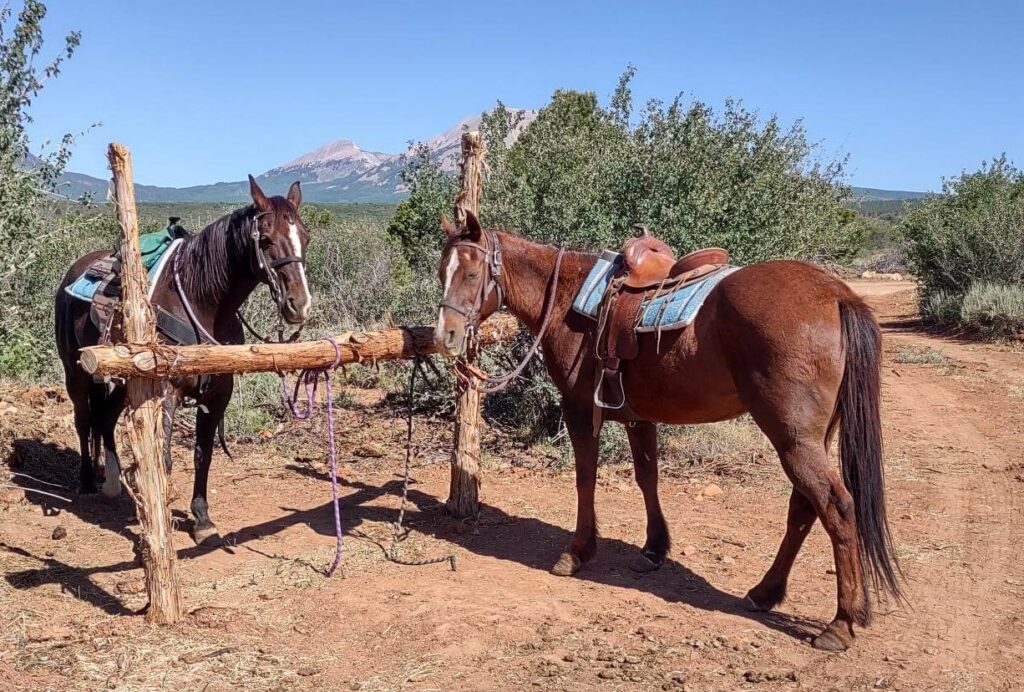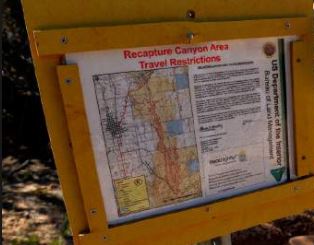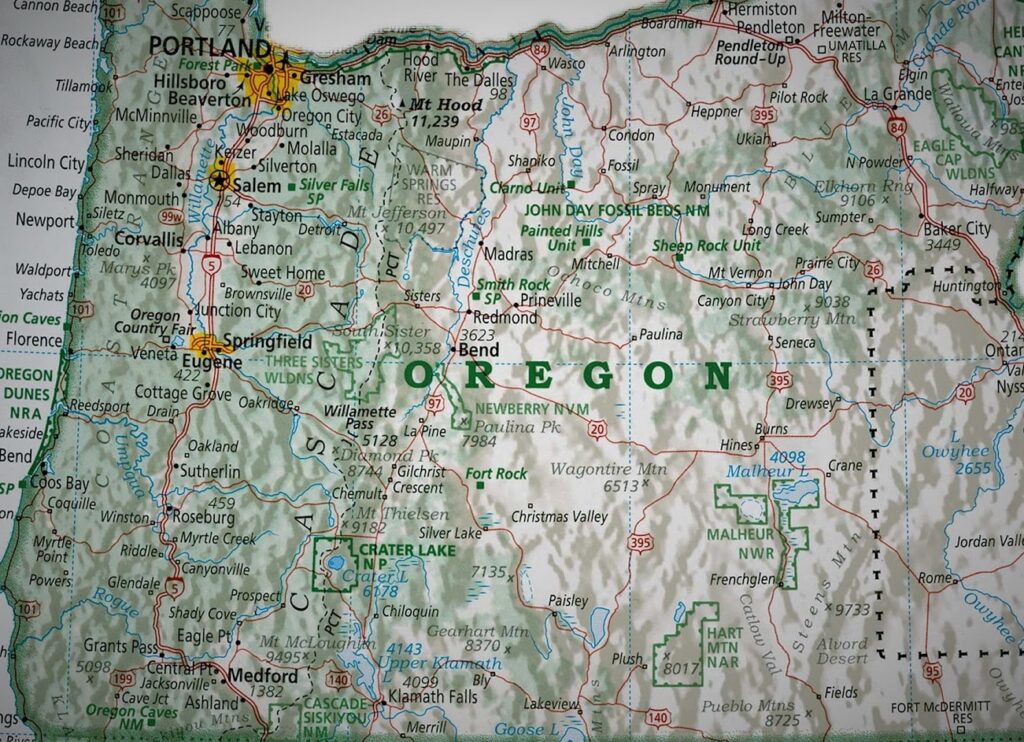Social license to operate (SLO) refers to society’s perception and acceptance of an industry, with the central belief that an industry must have society’s permission to operate. It is an ideology that demands public approval for specific activities whether or not the public has any expertise or understanding of those activities. When it comes to animal ownership and utilizing animals, from showing horses to raising livestock, SLO allows animal rights groups a voice and the ability to claim a seat at the table when their ideology is to seek our demise.
We Cannot Forget the Recent Victories of Social License to Operate
One does not have to look far to see the very real effects of complying with the ideology of SLO. The last decade has seen several examples of SLO leading to the demise of various animal enterprises and, with them, several significant animal welfare efforts.
- Ringling Brothers Circus and the closure of their Center for Elephant Conservation
- Seaworld and the impact of the movie “Blackfish” has led to the great reduction of facilities doing research on marine mammals and the ability to provide care for endangered animals
- Closing down 98% of Greyhound racetracks has led to the closure of a state-of-the-art facility providing blood transfusion products for dog owners across America.
Equine Associations Have Been Compromised and Are Risking Our Livelihood
While ostensibly aimed at ensuring the humane treatment of horses and, therefore, public approval of equestrian activities, SLO poses a significant threat to the autonomy and future of horse-related pursuits. The welfare of horses has always been a priority for ethical horsemen, and breed and show associations have programs and rules in place to ensure our equine partners are treated humanely. However, under SLO even the experience and expertise of life-long horsemen can be disregarded for the sake of public perception.
Even though the general public has little to no experience with horses, SLO allows their ideas to dictate what are and are not acceptable practices. The pressure to conform to shifting public opinions may lead to abandoning long-standing equestrian traditions and practices, even when they are humane and integral to the sport’s heritage. It should be no surprise that animal rights extremist groups work feverishly to influence public perception of equestrian events, deliberately skewing reality to advance their agenda and, at the same time, empowering the mob rule of SLO.
Social License to operate sets a perilous precedent to allow extremist groups–with agendas completely antithetical to equestrian activities and animal ownership in general—a seat at the table. The entirely subjective moral judgments of animal extremists should not trump the objective standards established by experienced horsemen—but that’s exactly what SLO does.
The American Horse Council – Aligned with HSUS and ASPCA
The America Horse Council (AHC) has long been propped up as an umbrella organization advocating for the best interests of the horse industry. However, the truth is much different. They have sold out to animal rights ideology by allowing animal rights groups on their committees and by involving them in significant issues impacting the horse community.
The AHC was a vocal supporter of the Prevent All Soring Tactics (PAST) Act, even sending horse industry youth to Washington, DC, to lobby for it. The PAST Act was legislation written, marketed, and promoted by animal rights groups the Humane Society of the United States (HSUS) and the American Society for Prevention of Cruelty to Animals (ASPCA). This unnecessary legislation was aimed primarily at the Tennessee Walking Horse industry. The PAST Act is unnecessary because the 1970 Horse Protection Act (HPA) already made intentional soring illegal. NOTE: HSUS has recently rebranded as Humane World for Animals.
The United States Equestrian Federation – Aligned with HSUS
The United States Equestrian Federation (USEF) is deeply aligned with the Humane Society of the United States. It started publicizing support for SLO in 2023 with statements such as “if you can’t explain what you’re doing to someone in the middle of Central Park, you actually can’t do it.”
In December 2024, the USEF expanded a rule applying to abuse, neglect, or otherwise unethical horse treatment. Prior to December, the rule only applied to actions on competition grounds. However, rule GR838 now applies anywhere USEF members raise, board, practice, train, or otherwise use horses, including home facilities. The USEF does not have the authority to make site visits to private property and relies entirely on reporting of alleged incidents, but in accordance with SLO principles, anonymous reporting is allowed. The USEF also directs people to contact the HSUS if they suspect animal abuse or neglect on private property. The HSUS is an NGO, and it has no law enforcement authority.
The AQHA and APHA Are Aligning with Social License to Operate
It is incredibly disheartening to see the tentacles of SLO reaching further into the horse industry. An increasing number of major breed and show associations are heedlessly allowing representatives of animal rights extremist groups on various boards and committees, and are integrating SLO into their rule-making. The American Quarter Horse Association (AQHA) is the largest breed association in the world, and recently promoted a workshop about SLO and published an article about its SLO efforts as well. The American Paint Horse Association recently sent out a statement showing alignment with the American Horse Council, which subscribes to SLO.
The equestrian community must recognize the insidious nature of SLO and the threat it poses to traditional, humane practices and the rights of horse owners. It is imperative to reject the undue influence of animal rights organizations that seek to impose their ideology under the guise of public approval. By standing firm against SLO, horse enthusiasts can preserve their heritage and protect their constitutional rights from erosion by external agendas.
Where did Social License Operate Come From?
The concept of SLO first emerged in 1997 regarding mining and its environmental impacts. SLO’s application to horse-centered activities began in Europe with the Federation Equestre International (FEI) approximately 10 years ago. It was first embraced here by the United States Equestrian Federation (USEF) and by the American Horse Council (AHC). It is now metastasizing into an alarmingly deeper swath of the American horse industry, with potentially devastating repercussions.
We Must Not “Compromise Away” Our Horse Industry
Don’t get us wrong, we believe informing the public about the care horses receive is beneficial. However, informing the public is NOT the same as subscribing to a social license to operate. Promoting the welfare of horses should not come at the cost of surrendering control to groups with ulterior motives.
Not only is it ridiculous to give the inexperienced and largely misinformed public power over an industry they know nothing about, but it is also completely unnecessary to ensure the true welfare of horses. Further, it is a blatant undermining of constitutional and private property rights.
Subscribing to a social license to operate means that we must seek permission to own horses. This is simply a ridiculous philosophy. We do not need to “seek permission” to own and utilize horses. Horse ownership has been an integral part of human society for thousands of years. Subscribing to SLO means opening up a seat at the table for animal rights extremism and their claims of being “stakeholders.: Why should we allow a fringe group of society to claim they are stakeholders when their ultimate goal is to remove horses from human care?
The equestrian community must remain vigilant and proactive in safeguarding its practices and rights against the encroachment of SLO and the animal rights extremist ideologies that drive it.
.





